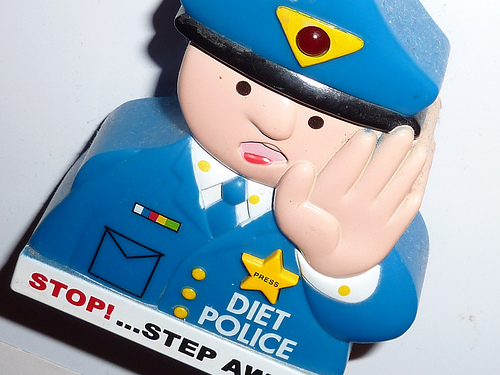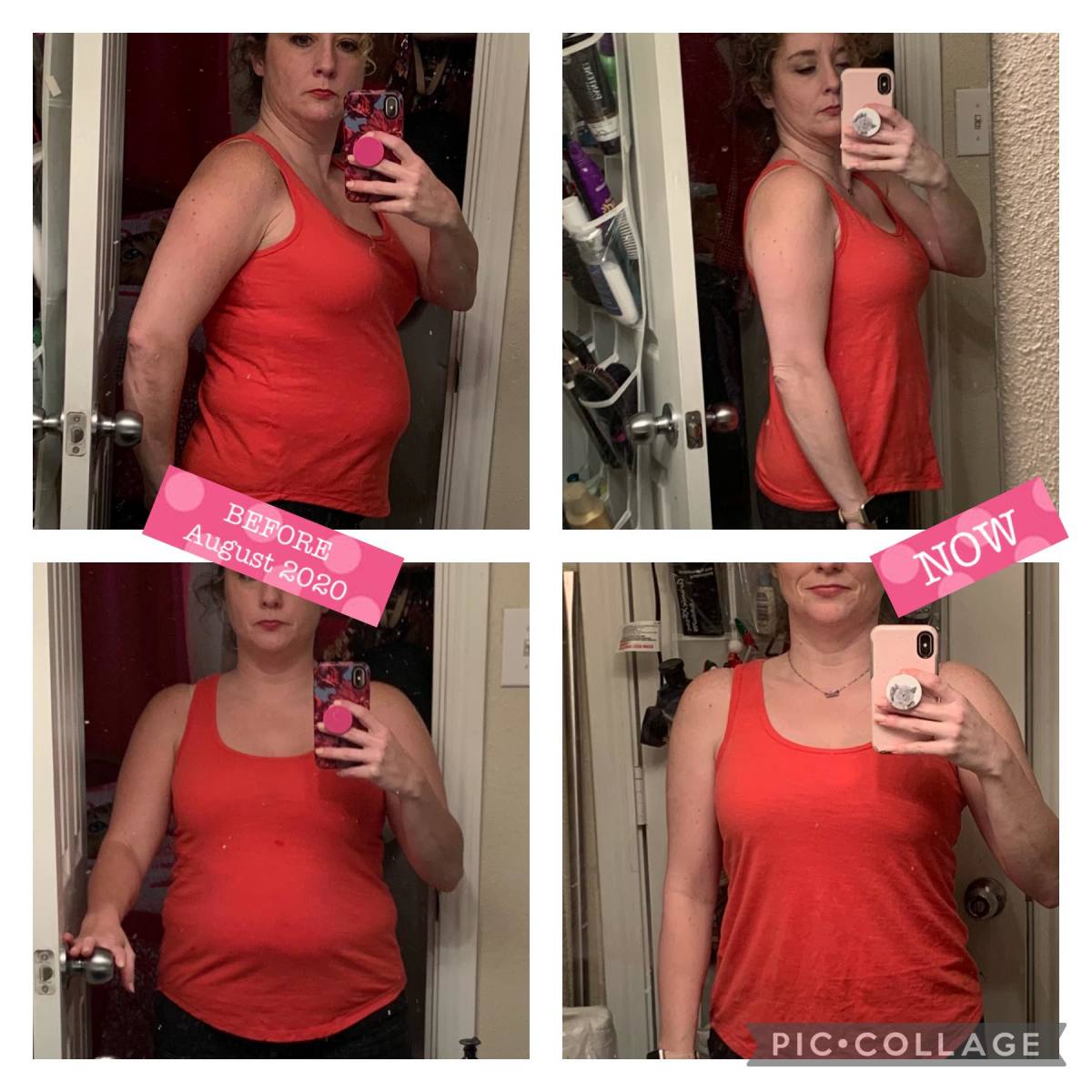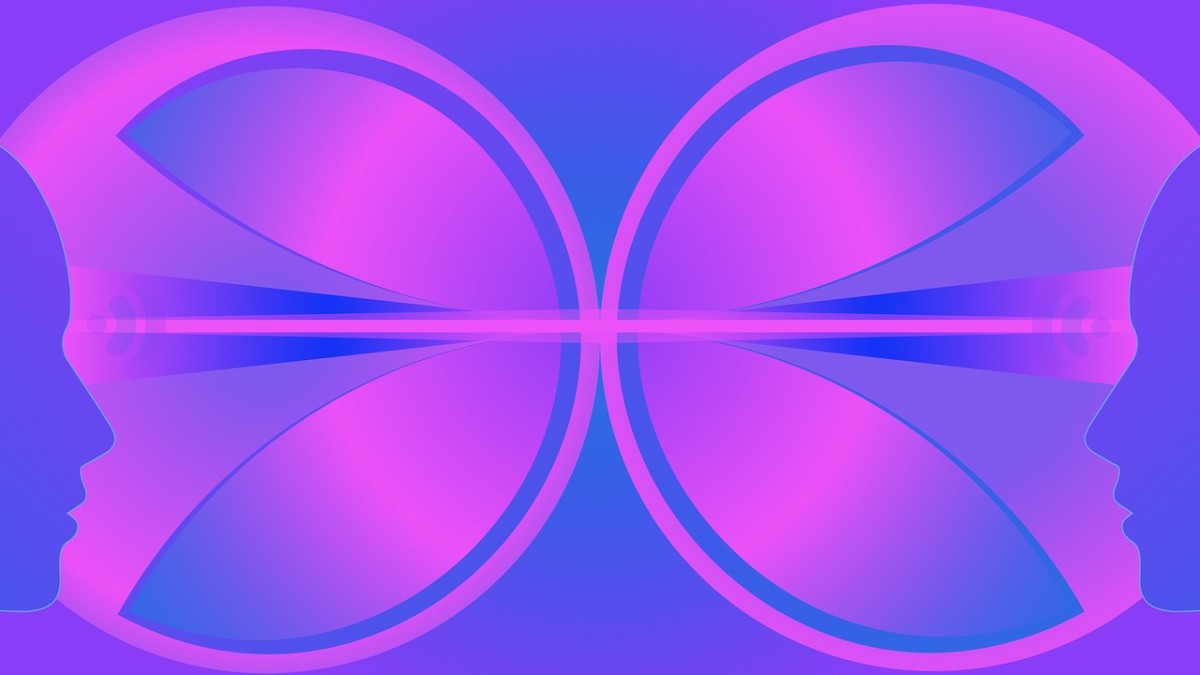- HubPages»
- Health»
- Diet & Weight Loss»
- Diet Advice & Tips
It's About the Calories! Here Is a Free and Effective Weight Loss Plan.
Be your own Diet Cop!

The Diet Industry is not your friend!
That's right the Diet Industry!
Americans and others around the world who want to lose weight will spend Billions of dollars on diet plans every year.
Just take a look at the people around you and you will quickly realize that there are far too many of them who are overweight.
I could spend hours talking about clothing advertisers who use skeletal models to show off their wares. I could rant on and on about the constant level of TV commercials that will show delicious looking foods just to tempt you into eating their products. I could even be indignant about the excessive use of salt and sugar that food providers place in so many of the packaged foods that we buy at the supermarket.
But, No! You know these things and you still just sit back and allow them to happen in your world, without even a whimper of complaint. You are weak!
And, that is exactly what the diet product industry is counting on, your weakness.
They know that what you want is a Magic Formula that will make the fat melt away and make you look as good as those skinny clothes models they place in their ads.
They also know that you will pay anything to get such a magic pill or diet plan.
So, of course, they have pills that they claim will do just what you want, melt the fat away. And, usually they will even throw in a stack of recipes that will make the pills work even better. Right?
Well, if you haven't figured it out yet, here is the reality of the average overweight person's Diet situation.
These self-proclaimed Diet experts are playing on your weakness and your desperation; because they are really trying to achieve one goal and that is to take your money away from you.
And, like the famous Lemmings, following each other off of the cliff, you hear about some new Diet and can't wait to send in your credit card number and anxiously await the delivery of their New and Exciting Diet Plan (with Pills and Recipes).
So, you get the Pills and the Plan and you earnestly begin your new diet.
But, after a couple of months of following their plan what has happened;
- You initially lose several pounds.
- You start to cheat on their very restrictive diet, usually because your are constantly hungry.
- You started dropping back on their unrealistic exercise plan, often by the second week.
- You kept taking the pills but you started feeling strange after about a month so you stopped the pills.
- You went back to your old eating habits and dropped the whole diet plan after a little over a month.
- To avoid looking like a fool, you started telling everyone else that you knew who were also dieting, about what a crappy diet plan it was.
- You gained back the few pounds you had lost so you started looking for the next, highly advertised Magic Diet Plan.
- Looking back you realize that you ended up having spent your money on another well-planned, nationally advertised scheme to rip you off.
Congratulations and Welcome to the weight loss industry in America!
Weight Control is All About Controlling CALORIES!
There is one very simple truth about controlling your body weight.
Every Doctor in the world will agree with this fact about how your body operates.
OK, Here is the great secret:
Your body converts the foods that you eat to Calories and then it burns the calories that it NEEDS!
Not the Calories you feed it, but the CALORIES IT NEEDS.
Well, That's it!
Simple right?
So, just what is a Calorie?
The Scientific Definition of a Calorie
First of all there is the Small Calorie.
Small Calorie - The small calorie is defined as the amount of heat required to raise 1-Gram of water by 1-degree Celsius, at one atmosphere, and this is expressed as 4.9-joules.
But, Food Calories are Large Calories.
Large Calorie - The other scientific definition of a calorie is that the the term Calorie is a measure of heat. In fact it is the amount of heat that is required to raise 1-Kilogram of Water up in temperature by 1-degree Celsius, expressed in Btu (British Thermal Units).
The large calorie is expressed as either "1-Kilogram calories" or 3.968 Btu.
Whew!
I know, this part was boring, but necessary. I had to get you to grasp the fact that the term Calorie is a specific measure of something.
Honest, It is all about the Calories!
So, you may have a Blood Sugar problem, you may have a Gluten problem, you may have any of a number of physical/medical problems that require you to adjust your diet to reduce or increase your body's intake of certain foods.
If this is your situation then, do it.
That's right, the diet plan you see here is all about calories and if you need to eat foods without any sugar, or with limited amount of certain chemicals such as SALT, or whatever, then just do it.
On this weight loss diet you simply need to manage your calorie intake.
Do this and you will lose or gain weight as you desire, and safely.
Of course, you must also continue to manage these other physical dietary problems you might have, and exactly as your Doctor recommends.
You see, normally these other things are not the cause of your weight problem.
Your weight problem is all about your consumption and burning of Calories.
I know, I keep repeating this, but it is so simple that many people will reject the idea.
You just need to manage your Calorie intake!
The Secret explained - Again!
I have to repeat myself.
I know, this is starting to get boring, but I need to beat this simple truth into your head.
The Human body converts foods intoto Calories that are then burned as energy to make the body run efficiently.
Oh, sure, there are Vitamins and Minerals and such that your body also needs, but the energy needed for your body to operate comes from the calories that the body consumes and converts.
Here is the Magic Formula for weight gain or weight loss;
1- If your body consumes enough foods that contain more calories than it needs to burn that day, your body will store these excess calories as FAT.
2- If your body doesn't get enough calories from the food you eat then it will convert the excess fat that it has stored into calories for the body to burn.
And, if there isn't enough stored Fat? Then your body will go after what it has stored in your muscles and even in your organs.
So, knowing all of this, what is this magic diet plan?
If you want to lose weight, then you need to eat foods that will provide less calories than you are going to burn that day.
On the other hand, if you want to gain weight then you must eat foods with more calories than your body needs.
Once you accept and understand this simple information you can go on and, finally, manage your body weight, logically and safely.
How to make this Diet Plan work for you
First of all, you need the Desire to Lose.
You need to actually want to lose weight. You need to give up on the idea of the Magic Pill, or some Magic Plan..
Almost all of these weight loss plans are deluding you into thinking they are easy but when you look closely into how they operate, they are invariably designed primarily to take your money.
If you really want to lose weight, and are willing to wait for an actual body and lifestyle change to occur for you this plan will work; but it will work slowly and not at some astronomical number of pounds a week.
If you have the stamina and self-control necessary, you just need to follow these three simple steps to change your health and your life.
The Serving Size
You need to know what is the actual serving size listed on all of the packaged foods you eat.
All foods sold to the public these days have what they have determined as their specific serving size. And, this is one of the tricky things that you have to look for and manage, the actual serving size of the product.
For instance, a 16-ounce can of soup from one manufacturer may list their calorie content as 150 calories per serving, but the can actually may contain 2 or even 3 servings. So, if you blindly open and eat the whole can of soup, you will have consumed 300 or even 450 calories rather than their 150 calories per serving you were supposed to consume.
So first of all, you need to read those labels on packaged foods.
Also, if you are consuming fruits or vegetables prepared yourself in a dish, be sure to calculate the size of the serving you will be eating and then also be sure to add up the calories in any; Spice, Herbs, Oils or any other ingredients of the prepared dish.
Total Calories per Serving.
You need to record every calorie you consume every day.
Remember that once you know the serving size, and then you have the actual calories in each serving, you can keep a total of the Calories you consumed daily.
There are a number of tools available for tracking your foods and that automatically track you lists of not only the nutrients and vitamins in each serving, but also the total calories consumed.
There are reference charts on the web, there are books available in the local library or bookstore, but there are also numerous useful APS available for your Smartphone.
I use one called "Lose-It" on my iPhone, but there are, as I said, other good APS available for almost every brand of Smartphone out there.
With most of these APs, you can even generate your favorite dish and it will give you the totals for the nutrients and calories in one serving of your personal dish.
Weigh yourself every day.
Yes, I said every day. Like it or not, this is how you will track and eventually figure out just how many calories your body actually needs on average.
And this is what you need to know: Your weight may vary occasionally depending on any one of a number of simple things.
For instance, if your previous days Salt intake was high then it will typically make your body store a certain amount of extra fluid.
FACT - a gallon of water will weigh just over 8-pounds, so if you eat a lot of salty foods one day, you could easily retain as much as 1-2 pounds of fluid the next day.
But, by weighing yourself every day, you will eventually end up with a safe real weight estimate, or as with many of these Smartphone APs you will have a nice chart of your actual daily weight variation.
When do I weigh myself?
You will need to weigh yourself under a consistent set of conditions, and most people will weigh themselves like this;
- weigh yourself Naked.
- weigh yourself first thing when you get out of bed.
- weigh yourself after you have used the toilet.
- weigh yourself before you eat or drink anything after getting out of bed.
Weighing yourself under these conditions will give you the most consistent and usually the lowest weight of your day.
Exercise for a healthy body
We should all get as much safe exercise as possible.
Exercise promotes a healthy body overall and in the long run will help assure that you have strong muscles and well functioning organs.
But, this diet is not going to tell you to get out there and hurt yourself by over-exercising.
One basic truth about people is that we are all different; and we have bodies that require and can typically function with many different levels of exercise.
Also, there are many of us who have enough physical problems that what are considered normal levels of exercise for one could be dangerous to the other one.
With all of this in mind; Yes, we should get a reasonable level of daily exercise for the good of our bodies,but at the same time, if we want to lose weight, there is no demand for extra levels of exercise in order to lose at least some weight.
A Weight Control Process.
So, now, I am recording every day's calorie intake, and I am weighing myself every day.
What's next?
Well,I have said nothing about what specific foods you eat, yet. That's because, you need to collect a couple of weeks data and determine, with your normal eating habits, are you Gaining, Losing or Maintaining your weight.
FACT-1: If your weight is staying steady or if you are gaining weight, then you need to reduce your Calorie intake.
You might ask how much is a logical reduction in calories? well, I would recommend that you look at your recorded average calorie intake and set yourself a new limit that is around 150 calories less than before. Yes, just 150 calories.
Remember, you are looking at establishing a new lifestyle and you need to do it in a healthy way, so by taking small steps in reducing your calorie intake you will get results, and these will be safe reductions that will not harm your body.
After another couple of week look at your weight again and decide if you lost anything.
If not, reduce your calorie intake by another 150 calories and repeat the process for another couple of weeks.
If you continue this process, with each reduction you will have reached an ideal weight for the calories you are consuming.
At some point, you will get to a weight that is neart what your Doctor tells you is your or at least a weight that is near Your IDEAL Weight and you can maintain this weight safely.
In Summary - The Perfect Weight Loss Plan
So, in summary, what is the Perfect Weight Loss Plan?
Well, it is a safe and logical plan for you to Measure, Manage and Reduce your Calorie Intake, over time, until your body reaches a weight that is ideal for you to sustain, without making major changes to your lifestyle.
I call this the MWR Plan - A Safe and Logical Weight Loss Plan for Everyone.
Measure your Calories, Weigh yourself, and Reduce your caloric intake until you eventually reach your desired personal and Ideal weight.
How to Calculate your Ideal Body Weight
Weight Loss and Exercise
Don Bobbitt's Authors Page
- Amazon.com: Donald W Bobbitt: Published Books
Click here to see a list of all of Don Bobbitt's published books in both Paperback and Kindle formats.
This content is accurate and true to the best of the author’s knowledge and does not substitute for diagnosis, prognosis, treatment, prescription, and/or dietary advice from a licensed health professional. Drugs, supplements, and natural remedies may have dangerous side effects. If pregnant or nursing, consult with a qualified provider on an individual basis. Seek immediate help if you are experiencing a medical emergency.







